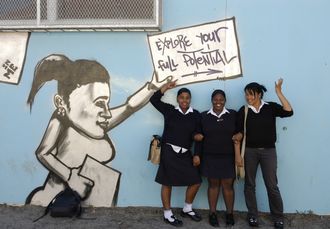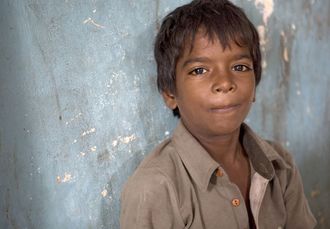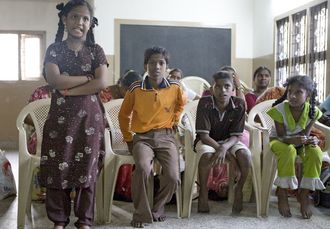One world, one responsibility
As an NPO actively advocating human rights, Don Bosco Mondo places a particular emphasis on promoting the right to education for the children and youth worldwide. Working closely with decision-makers from the fields of politics, business, development cooperation, the church and other disseminators, Don Bosco Mondo aims to firmly anchor sustainable global development in society.
At the core of the work is the integrated educational approach of Don Bosco. In collaboration with the project partners, the Salesians of Don Bosco and the Salesian Sisters of Don Bosco, Don Bosco Mondo encourages children and adolescents to think and act independently. Free from existential fears, they grow up in a familial and socially encouraging environment. Through access to education and professional training, they learn to organise their lives on their own as well as to confidently assume responsibility also for others.
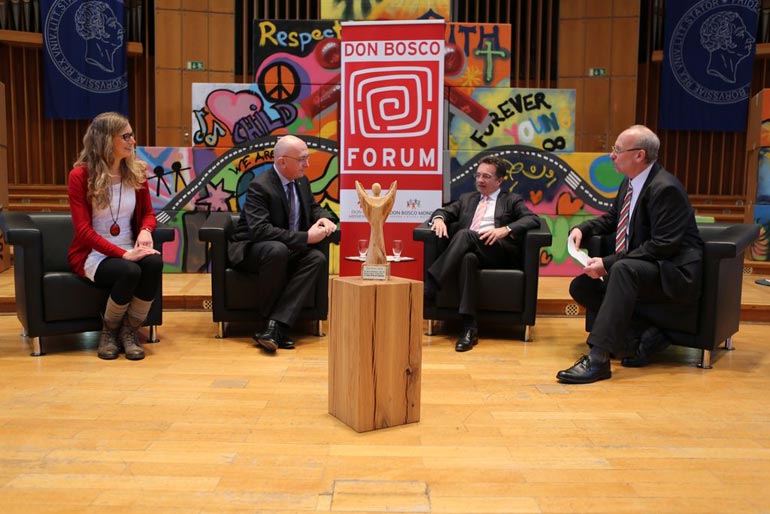
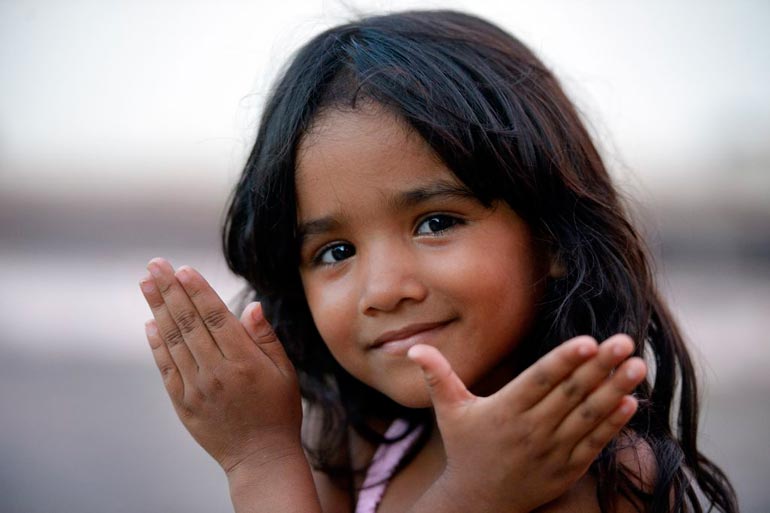
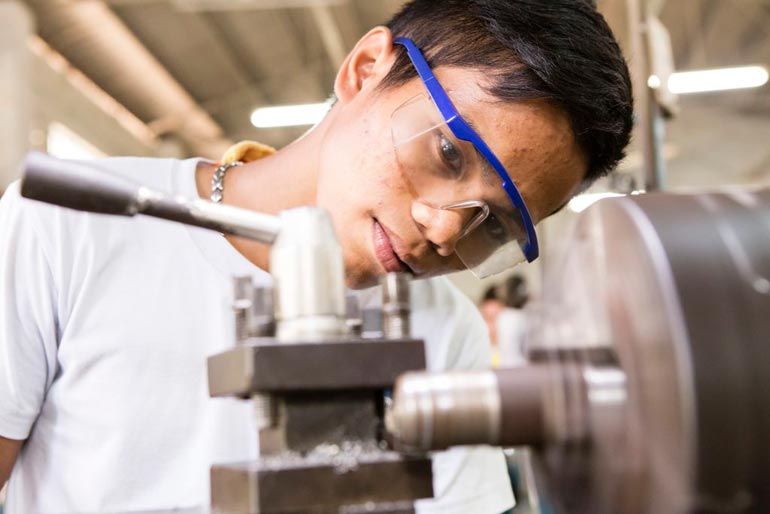
Vocational education and training as the key to development
The right to education does not end with the completion of primary school; it continues to be a right for the duration of acquiring a labour-market relevant qualification. Don Bosco Mondo considers integrated and practice-oriented vocational training to be a key lever for reaching the global goal of sustainable poverty reduction. To create real opportunities through vocational training, employment services and support for young entrepreneurs are just as much a part of the strategy as networks between educational centres, equal partnerships and the exchange of personnel and know-how at the national and international levels.
Raise awareness, be an advocate!
Don Bosco Mondo understands its role as an advocate for disadvantaged children and adolescents around the world. Through development education and awareness-raising activities, the NPO seeks to spread the enthusiasm for their commitment in Germany and throughout Europe. In collaboration with project and cooperation partners, decision-makers, chambers of commerce, stakeholders and sponsors, people are given support to claim their rights. Thus, a positive and lasting transformation of the political, economic and cultural realities and structures can be achieved. Capacity-building measures in the partner countries are just as important as information campaigns and lobbying activities. To this end, the association harnesses synergies and strengthens the common voice through networks, strategic alliances and coalitions.
India: power to the children
Most children in India are not aware of their rights. A large number of children do not go to school, with many being victims of child labour or child marriage. They have little chance of making their voices heard or claiming their rights. To bring about change, Don Bosco Mondo has funded the network 'Don Bosco Youth at Risk' (YaR) in numerous states. The network carries out lobbying work at a broad level. Juvenile Justice Desks bring together state actors (e.g. police, civil servants) and civil society actors (local NGOs) in order to improve the practical implementation of children's rights. Campaigns are launched to increase public awareness about the right to education. More than 9,000 civil servants and teachers and 62,000 children and adolescents attend basic training programmes on the subject of children's rights. In 450 schools, children's rights are already taught as a subject. Children’s 'task forces' care for and protect their peers. In addition, 2,000 child labourers and school dropouts are integrated into regular schools, while 'children safety nets' combat child trafficking. The members of the currently 470 Child Rights Clubs send letters to authorities with the help of their teachers, organise campaigns, and address the media to draw attention to common issues. They also examine the causes for school absence: child marriage and child labour. The clubs visit the families and explore alternatives together. The good cooperation between the children and the police, civil servants, teachers and social workers has created (a new) awareness of children's rights throughout society. The children have become more self-confident and actively claim their rights. For their friends and fellow pupils, they act as role models and multipliers who share their knowledge and encourage others to advocate for their rights.
